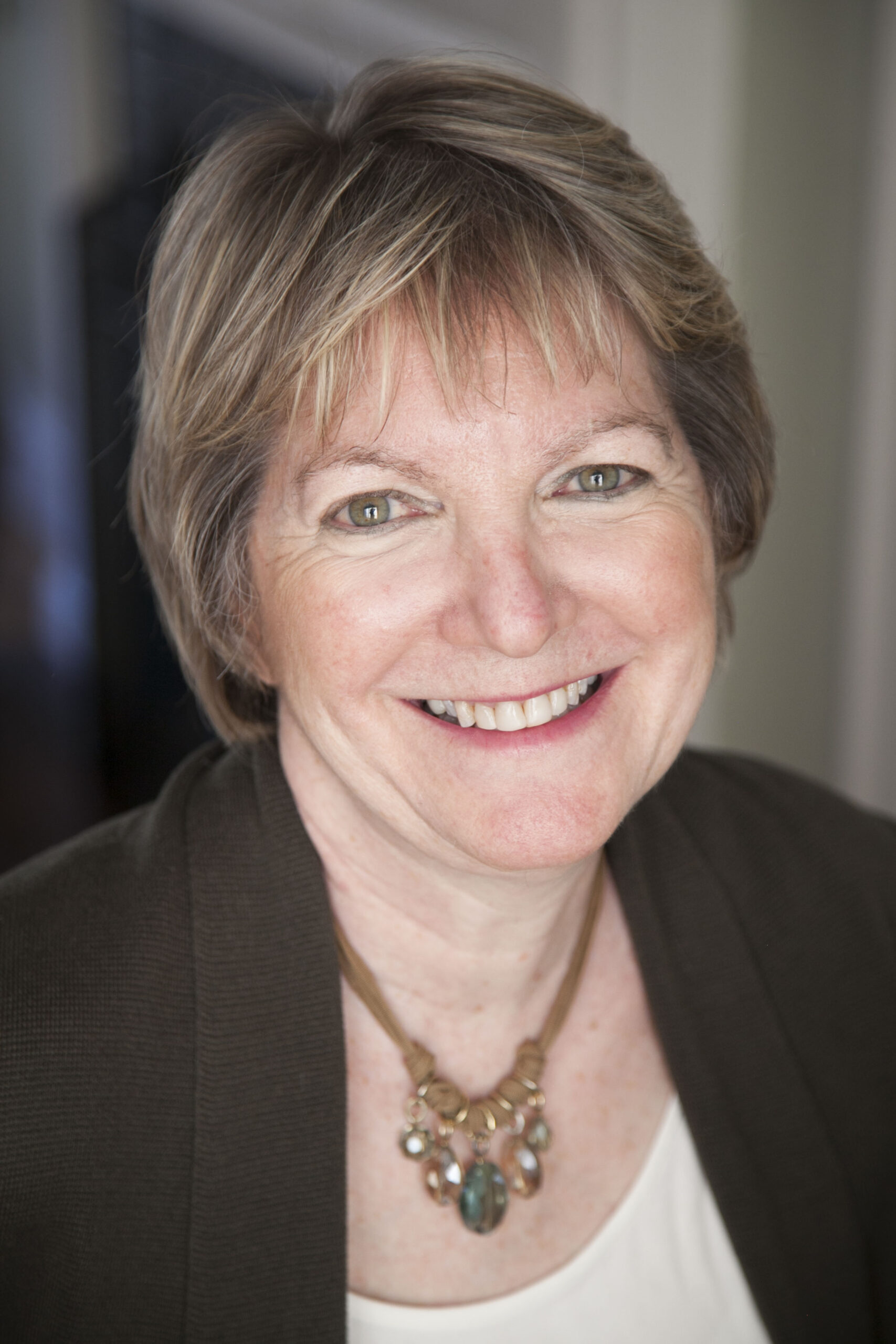As March Madness approaches, it’s an excellent time to consider coaches who changed the face of college basketball. John Wooden of UCLA and Mike Krzyzewski of Duke immediately come to mind.
The name you probably won’t hear is Pat Summitt. Summitt brought college basketball to women and began a coaching tree that still fills women’s basketball today. Summitt coached the Tennessee Lady Vols for 38 years, racking up impressive statistics, including:
—1,098 victories, second in all college basketball to only Mike Krzyzewski.
—Eight national championships and 16 conference titles.
— A 100 percent graduation rate among her players. Summitt required her players to sit in the first three rows of their classes.
Through the values she preached, self-discipline and hard work, and a religious zeal for the word “can,” she helped players believe in themselves and win. Her epic career yielded 63 former Volunteers coaching at the high school, collegiate or professional levels of women’s basketball. Many are still coaching.
How basketball looked at the start of Summitt’s career was quite different than at the end. In 1971, women went from half-court to full-court play. In 1976, women’s basketball was added as an Olympic sport. Summitt contended with small budgets, necessitating taking buses instead of air travel and motels instead of hotels. “When the men’s team got 10 pairs of sneakers, I didn’t storm and demand 10 pairs for us. I would ask for two pairs,” Summitt wrote.
She made it up to her players with some good home cooking, which was a frequent occurrence.
Summitt’s childhood contributed to her steel toughness. She grew up in a log cabin without running water during her early years. Her family were farmers, and Pat and her three brothers worked hard for their tyrant of a father. They did tobacco farming and milked cows from 7 in the morning to 9 at night. Lifting heavy bales of hay gave her strength. Her dad built a basketball court for Pat and her three brothers to have fun when not working.
The dad, as were Pat and her siblings, were quite tall, paving the way for college sports.
Scholarships would be essential as the family was poor. Pat recalls that when sick, no one went to the doctor. Instead, her mother ground up aspirin, mixed it with Listerine and saltwater, and hoped it worked. Mental toughness and hard work were how they survived and even thrived.
She often told players hard work and discipline were her religion: “Self-discipline helps you finish the job, and finishing is what separates excellent work from average work.” The players’ workouts were beyond rigorous and never factored in the weather. She clarified that “can’t” was not a word in her vocabulary.
She also valued resiliency, as shown in her unusual preference for recruiting players raised in single-parent households. Summitt thought those raised without two parents had to be tougher and naturally assumed more responsibility. She believed they feared failure less and that all these qualities would make for better college players. Whether she was right or not, she provided many players with opportunities and education that they might not have had.
By far, Summitt’s toughest battle was facing Alzheimer’s, which cut short her career and life. When doctors told her she needed to quit, she reminded them that “can’t” was not in her vocabulary. She continued coaching until, at some point, she sought help from her assistant coaches and took a leadership role that didn’t have her calling plays.
When she finally stepped down from coaching, she did so graceful, raising awareness for Alzheimer’s and establishing a research foundation. Today, her conference runs an annual “We Back Pat” week to honor her legacy and continue to raise money for Alzheimer’s research.
In the season when we celebrate players like Caitlin Clark and the immense growth of Women’s basketball at the college and pro levels, we should recall that one woman fueled this game forward.
When it was time to exit, she comforted us with more wisdom: “God doesn’t take away things to be cruel. He takes away things to make room for other things.”
“Other things” are many things, and she provided some helpful tenets to construct a quality life, whether we’re balling it or not. The one I like best is her saying, “It’s what you learn after you know it all that counts the most.”


